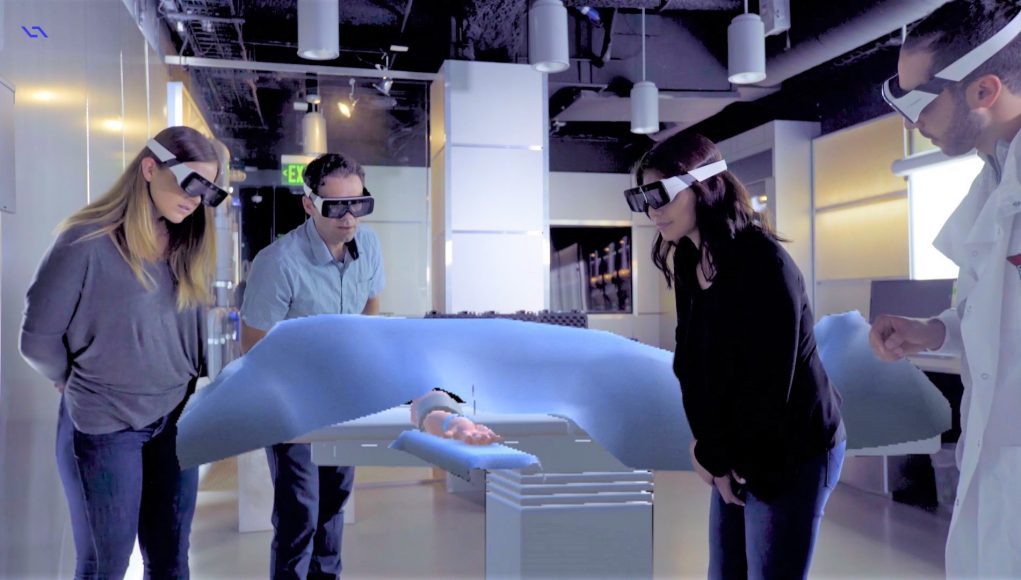DAQRI, the Los Angeles-based AR headset company known for its enterprise-focused Daqri Smart Glasses, is shutting down.
The company announced the shutdown via email recently, stating that it is taking part in an asset acquisition that will “put an end to [Daqri’s] industrial wearables business and begin the wind down of the company.”
As per the email, Daqri says both its Smart Glasses and Worksense cloud solutions will be retired at the end of September.
Since its founding in 2010, the company has garnered a total of $275 million in investment funds, the most recent of which brought in $260 million in 2017. In addition to its Smart Glasses, the company also previously produced its enterprise-focused industrial Smart Helmet.
A TechCrunch report cites former employees and “sources close to the company,” maintaining that Daqri has now shuttered its HQ and laid off many of its employees.
TechCrunch also notes that the company’s 18,000 ft² (~1,670 m²) headquarters is currently up for rent.
The company’s Smart Glasses, which initially launched in late 2017 for $5,000, connected to a discrete body-worn miniature computer and featured a 44-degree field of view.

Much like Microsoft HoloLens, Daqri’s Smart Glasses were created for use by enterprise costumers including manufacturing, field services, maintenance and repair, inspections, construction, etc.
Daqri isn’t the first AR startup to find itself in troubled waters lately. Meta, the makers behind the Meta 2 AR headset announced its insolvency last September and subsequent sale to the newly formed IP holders Meta View earlier this year.
Osterhout Design Group, the AR headset startup which took in $58 million in investment funds since its founding in 1999, also closed its doors this year after failed acquisition talks with Magic Leap, Facebook and others.
Outside of the email announcing its shutdown, Daqri hasn’t made any further public statements.







